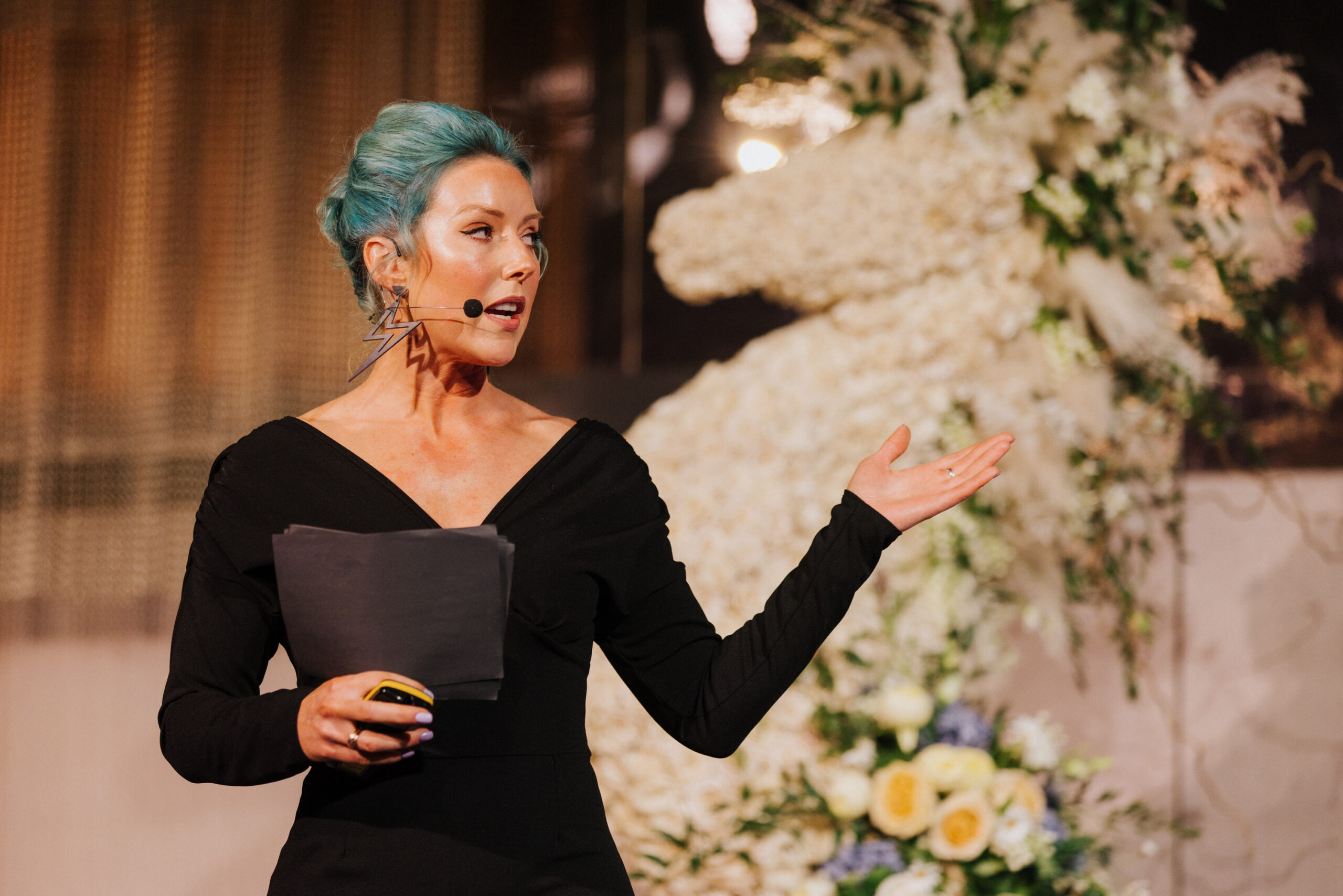Burnout is complex, it manifests differently in each one of us, and in our ever-increasingly fast-paced world, burnout has become a common companion to many.
Stress and burnout may seem similar but there is a big difference.
Stress is a natural response to challenging situations, it’s typically short-lived, and can often be managed with coping strategies. Burnout, on the other hand, is a more severe and chronic condition resulting from prolonged exposure to unmanageable stressors.
So in a nutshell, it’s a state of physical, emotional, and mental exhaustion caused by prolonged periods of excessive stress, and requires more significant intervention and lifestyle changes to address effectively.
But as burnout develops gradually over time, and creeps up on us, it can be hard to recognise; and because its symptoms can overlap with those of many other mental health issues it can feel difficult to label.
But the longer we fail to recognise or address it, then the more extreme negative consequences it has on both our mental and physical health and our overall quality of life.
So let’s look at some common signs and feelings associated with burnout:
- Physical and/or Emotional Exhaustion: You feel drained, both physically and mentally, and find it increasingly difficult to muster the energy or motivation to perform everyday tasks.
- Lack of Interest and Motivation: You’ve noticed a diminished interest in work, hobbies, or activities that were once fulfilling, and tasks you used to approach with enthusiasm now feel like burdens.
- Decreased Performance: You find yourself struggling to concentrate, make decisions, or complete tasks efficiently.
- Increased Irritability: You find yourself more irritable, and short-tempered, and any little thing can set you off!
- Detachment and Isolation: You’ve found yourself withdrawing from social interactions, both at work and in your personal life from a sense of emotional exhaustion and a desire to avoid further stress.
- Cynicism and Negativity: You’ve become pessimistic about your work, relationships, and your future.
- Physical Symptoms: You may be experiencing physical symptoms like headaches, stomachaches, muscle tension, frequent illnesses, insomnia, or just waking up still feeling tired.
- Loss of Enjoyment: The people, places, and things that once brought joy and satisfaction no longer do, and you may feel a general sense of emptiness and a loss of purpose.
- Feeling Overwhelmed: You feel constantly overwhelmed with personal responsibilities, work tasks, social activities… and just life in general.
- Reduced Self-Esteem: You’re increasingly doubting yourself and your abilities and feeling inadequate.
Some of these things can come up for all of us from time to time, but they should only ever be fleeting and not constant.
If you’re experiencing 3 or more of the above then you’re likely either burnt-out or on the slippery slope to it!
These feelings can be extremely hard and frustrating to accept as it’s hard to find a specific reason as to why we feel the way we do, so we try to ignore and push on with things, but this only exacerbates the problem and is what most likely caused you to eventually burnout in the first place.
It’s not necessarily linked to one specific thing either, but instead an accumulation of multiple stressors experienced over a prolonged period of time.
It is multi-layered and multi-faceted – yes, it’s a complicated little bugger!
And while the root cause does need to eventualy be uncovered, you will not be able to discover it until you first create space for yourself and ease the pressure.
You cannot treat a problem with the same thinking that caused that same problem.
So if you’re able to accept that your current way of working and living is not supporting you, and willing to commit yourself to try working and living a different way to get you back to your better self again then read on How To Recover From Burnout.





